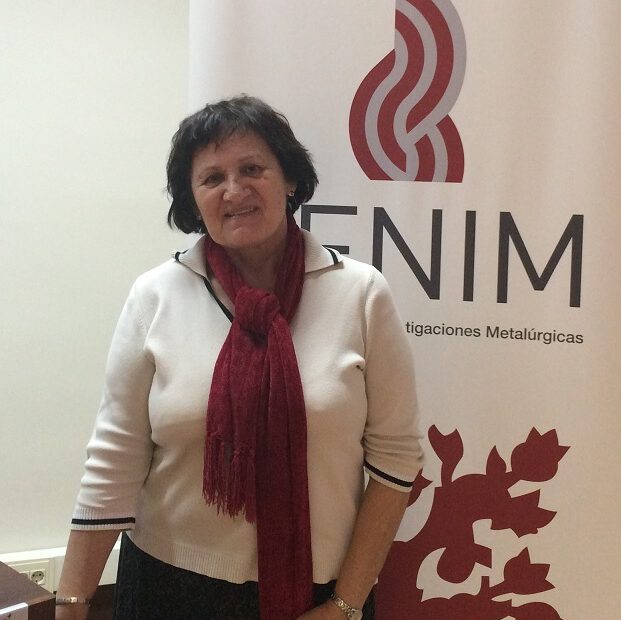Sea corrosion of metals in the presence of bio-fouling
Bio-fouling is a fixing process of undesirable growth of harmful deposits of biological origin on the metal structure. Reports reveal that they contribute to higher pitting corrosion. Biofouling community in the biofilm is usually heterogeneous and tends to promote the formation of cavity on the metal surface. It Is considered that the biofouling influences the biomineralization or transformation of the corrosion products. Actual tendencies for preservation of the metals are the use of Antifouling coatings. The study (Mexican CONACYT Grant) presents the results of the exposure for 18 months of samples of different materials, used in sea environment: Cu, Al, AISI 304, glass fiber, silicon polymer coated, in Caribbean sea water (at a depth of 10 m and a distance of 10 km from the coast) – Telchac, Marine test station of CINVESTAV-Merida. The biofouling was characterized with the help of experts in the area (UABCS). Changes of corrosion potential (at open circuit) were measured in the same water in laboratory, considered as Electrochemical Noise (˂ 10 Hz) since the first days (1, 3, 5, 10, 30 days, and 3 and 6 months) and processed with FFT (Fast Fourier Transform), to obtain the PSD (Power Spectral Density), which gives the PSD slopes (exponent βexp ) and calculated Hurst coefficients (H), characteristic for the localized surface processes during exposure in Caribbean sea water.
